Acidophilus Discovered In Honey
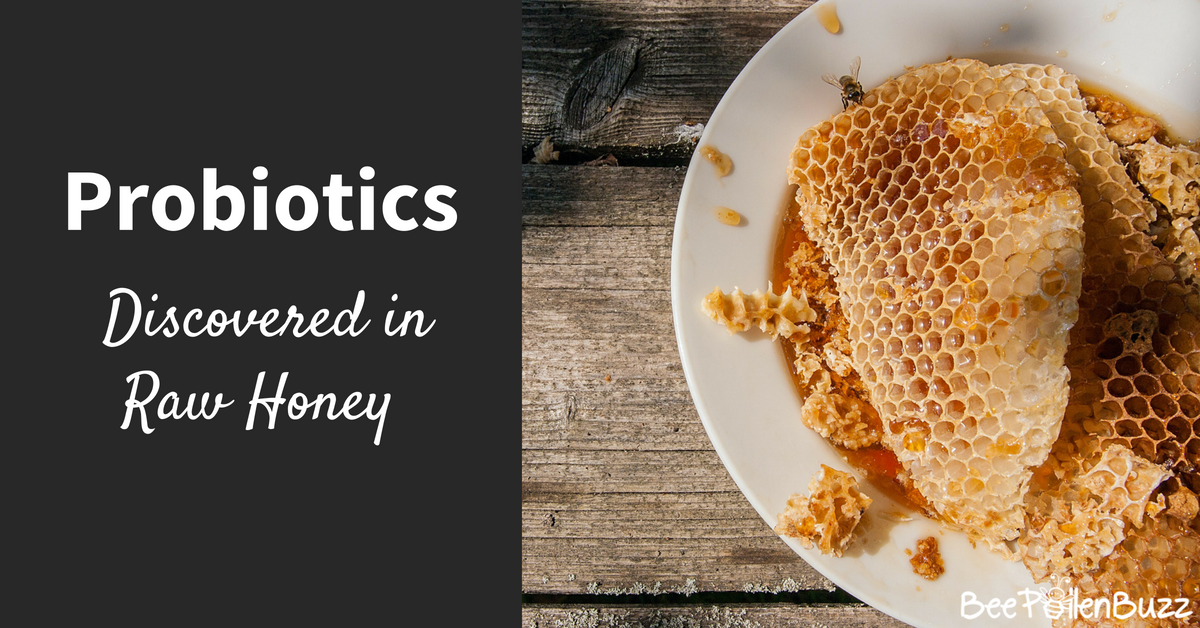
Probiotics, the special bacteria found in your gut are required for optimal health. Dozens of diseases are now linked to poor gut microflora, a condition only fixed by consuming fermented foods. Or so we thought...
by Angela Van Alten, Nutritionist and Beekeeper's Daughter

You've likely heard of probiotics, right? They are one of the natural health industry's most popular and best selling products.
With all of the gut issues that people are experiencing today due to the overly processed diets most of us eat, we're having to swallow probiotics by the handful to try and maintain our health.
But perhaps we don't have to anymore?
A recent study identified 32 different probiotic strains found in commercially available honey (acidophilus is the most common probiotic sold today). It turns out the secret to exceptional gut health just might lie in a teaspoon of raw honey each day.
In the study, a total of 32 lactic acid bacteria were isolated from 13 honey samples commercially marketed in Malaysia. Six of the strains were identified as Lactobacillus acidophilus.
Interestingly enough, the probiotic isolates had antibacterial activities against multiple antibiotic resistant Staphylococcus. This is truly remarkable - antibiotic resistant Staph are very dangerous and the cause of many deaths in hospitals and nursing homes as common anti-biotics can't kill them. You read about these outbreaks in the news virtually every year.
But, it appears the good bacteria found in some raw honey products can kill them.
Clearly raw honey is very beneficial to your immune system. Remember - your immune system starts in your gut. Eat a tablespoon of raw honey each day to help those healthy bacteria flourish and protect you!
Be sure to eat raw honey. Pasteurization (heat) kills the very bacteria that are mentioned in this study. Most of the liquid honey products found on supermarket shelves won't contain acidophilus.
The scientists went on to conclude that the presence of different strains of L. acidophilus in honey obtained from different sources may contribute to the differences in the antimicrobial properties of honey.
Recommended Honey Brands
I often get asked which honey brands I recommend. There are many Raw honey products on the market, many of which are very poor quality and adulterated. I use and recommend only Dutchman's Gold Raw Honey. You can find it here.
References:
Journal of Food Science, 2012 Jul;77(7):M364-M371.
|
|
|


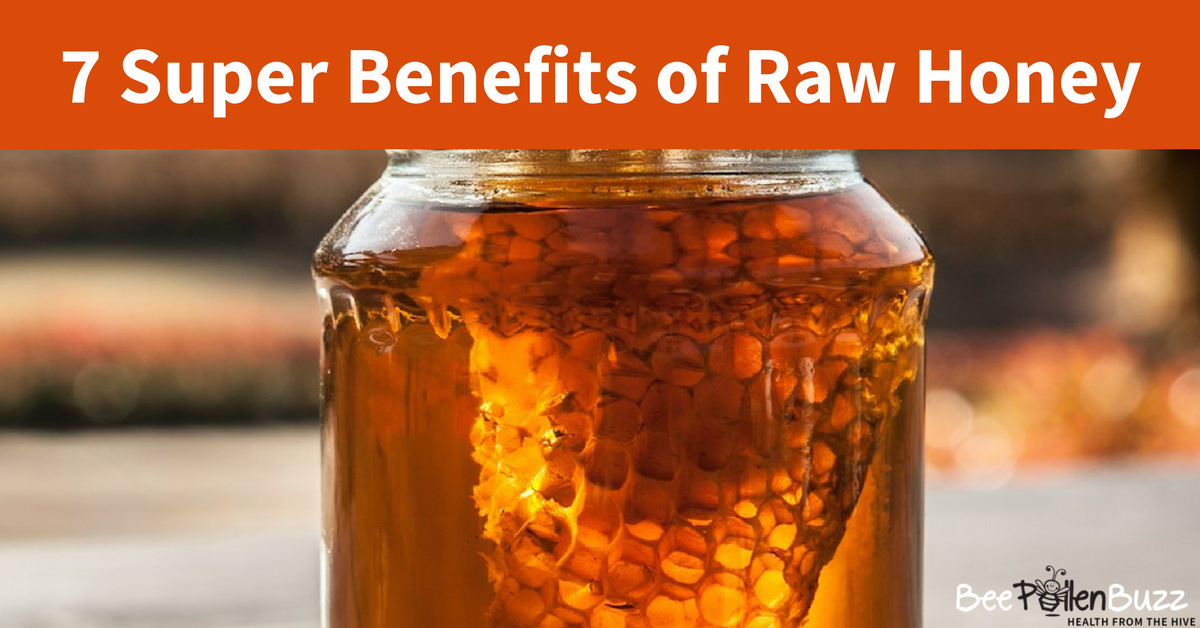
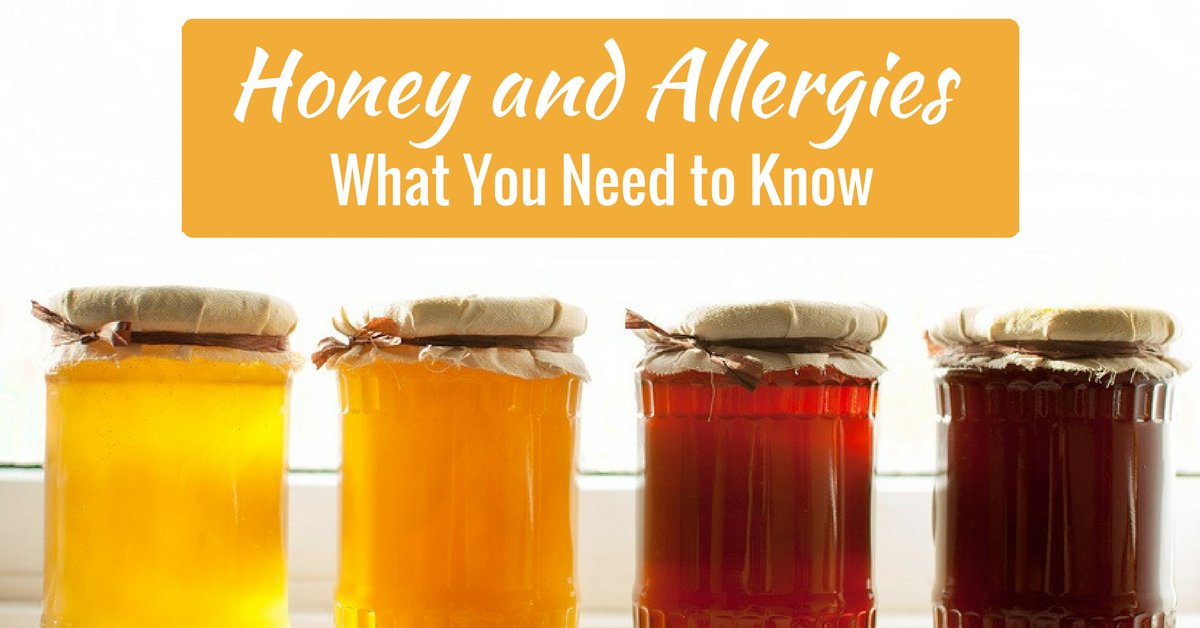

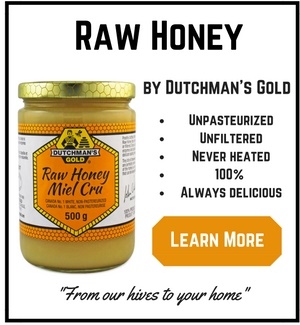
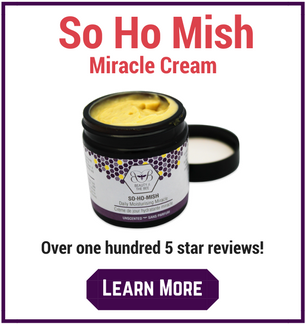
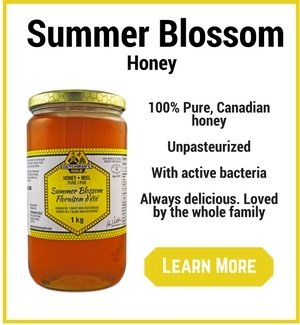






New! Comments
Do you have something to say about what you just read! Leave me a comment in the box below. I'd love to hear from you!